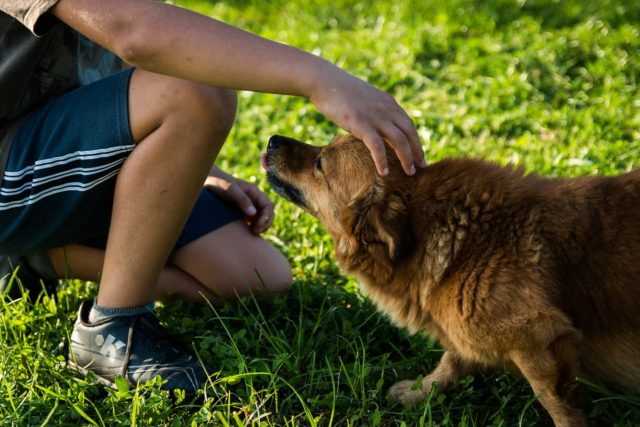
When Dognition first launched, many people wondered if people at home could collect data of the same quality as researchers in a laboratory. Three years later, the answer is a resounding ‘Yes!’
Dognition is the biggest citizen science project on dog cognition in the world. Over 47,000 people have taken part in Dognition, and on five of the seven tests, citizen science data replicated the results of researchers at Duke University and elsewhere.
“They’re just games,” says Dr. Brian Hare, founder of Dognition. “The owners love playing them and the dogs love playing them.”
For example, in one of the game-like tests, dogs were found to rely more on their memory than their sense of smell to find a hidden treat. The dogs watched as their owner hid food under one of two cups. Then when the dog was not looking, the owner switched the food to the other cup. (Watch the YouTube video of the experiment at https://www.youtube.com/watch?v=toJZMfnc8ig)
If dogs could smell the food, they should have been able to choose the correct cup, but owners found that most dogs went to where they last saw the food.
“The data these dog owners are producing is quality data,” says Dr. Evan MacLean, an Assistant Professor of Evolutionary Anthropology at the University of Arizona who is also on the scientific advisory board of Dognition. “It matches the results we see coming out of the top research groups all over the world.”
According to MacLean, the memory-over-smell result has been replicated in seven different research groups and more than a dozen different studies. “Most people think dogs use their sense of smell for everything,” MacLean said. “But actually dogs use a whole range of senses when solving problems.”
Analysis of the unusually large dataset created by Dognition has also found that all dogs have a unique set of cognitive skills that they use to navigate the world around them. Some dogs were found to be good communicators, some had better memories and others were better at taking their owner’s perspective.
“Most people think of intelligence as glass that is more or less full,” Hare said. “But intelligence is more like ice cream. Everybody has different flavors. Being good at one thing doesn’t mean you will be good at everything else.”
Hare said these kinds of findings are only possible with the big data sets that citizen scientists are able to generate.
“‘So much is possible when you have this much data,” Hare said. “I’m looking forward to dog owners answering all the big questions that have puzzled scientists for decades.”


